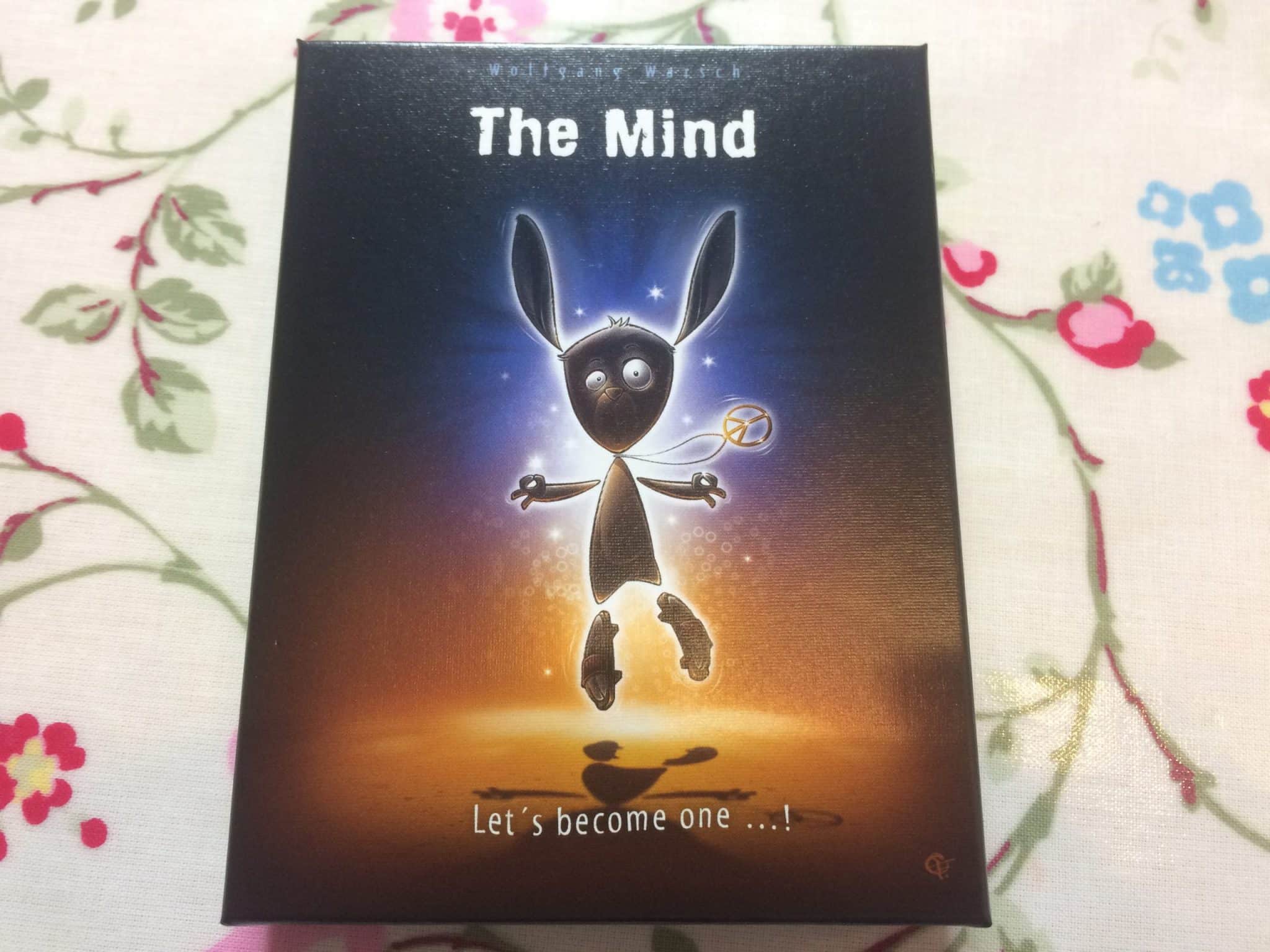
The Mind (Saturday Review)
- Nelly
- August 3, 2024
- Board Games
The mind is a powerful tool that shapes our perception of the world, governs our thoughts and actions, and ultimately determines our overall well-being. In the world of psychology and neuroscience, the study of the mind is an ongoing and complex endeavor that continues to yield fascinating insights into the workings of the human brain.
The mind is often described as the seat of consciousness and thought, playing a central role in our cognitive processes, emotional experiences, and decision-making abilities. It is responsible for processing sensory information from the environment, forming memories, solving problems, and creating mental representations of the world around us.
One of the most intriguing aspects of the mind is its ability to adapt and change in response to internal and external stimuli. Neuroplasticity, the brain’s capacity to reorganize itself by forming new neural connections, allows us to learn new skills, modify our behavior, and recover from injury or trauma. This remarkable plasticity underscores the brain’s incredible potential for growth and development throughout our lives.
The mind is also deeply interconnected with our emotions, influencing how we perceive and respond to the world. Studies have shown that emotional states can significantly impact our cognitive functioning, memory retention, and decision-making processes. Positive emotions such as joy, love, and gratitude have been linked to enhanced creativity, resilience, and overall well-being, while negative emotions like fear, anger, and anxiety can impair our ability to think clearly and make rational choices.
Furthermore, the mind plays a crucial role in shaping our beliefs, attitudes, and perceptions of reality. Our thoughts and beliefs can influence our behavior, relationships, and even physical health, highlighting the profound impact of mental processes on our overall quality of life. Cognitive biases, irrational thinking patterns, and distorted perceptions can lead to cognitive distortions and unhealthy behaviors, underscoring the importance of cultivating awareness and mindfulness in our daily lives.
In recent years, advancements in neuroscience and technology have allowed researchers to delve deeper into the complexities of the mind, unlocking new insights into its inner workings and potential for transformation. Neuroimaging techniques such as functional magnetic resonance imaging (fMRI) and electroencephalography (EEG) have provided invaluable tools for studying brain activity and connectivity, revealing the neural correlates of cognitive functions, emotions, and mental disorders.
As we continue to unravel the mysteries of the mind, it becomes increasingly clear that the brain’s capacity for adaptation and learning holds the key to unlocking our full potential as human beings. By cultivating a deeper understanding of our thoughts, emotions, and behaviors, we can harness the power of the mind to enhance our mental health, creativity, and overall sense of well-being.
In conclusion, the mind remains a fascinating and multifaceted aspect of human experience, shaping our perception of reality, guiding our behavior, and influencing our overall quality of life. By exploring the depths of our own minds and embracing the power of neuroplasticity, we can cultivate a greater sense of awareness, resilience, and emotional balance in our daily lives. Ultimately, the mind serves as a gateway to self-discovery, growth, and transformation, offering endless possibilities for personal development and fulfillment.




